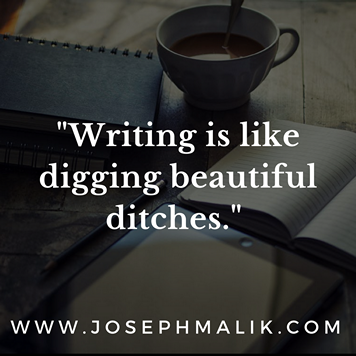Demesnedenoir
 Myth Weaver
Myth Weaver
I dislike present tense, period. It doesn't work for me, it feels fake. I was plenty used to it in screenwriting (for those who don't know, screenplays are always... or better be... written in present tense) and it was actually a bitch trying to flip back to past tense writing after years of screenwriting. And it's limiting to the story and doesn't fit stories I want to read. Nope, no thanks. If your story needs 1st present to be engaging, you might want to rethink your story, heh heh.

 Istar
Istar
 Scribe
Scribe Sage
Sage